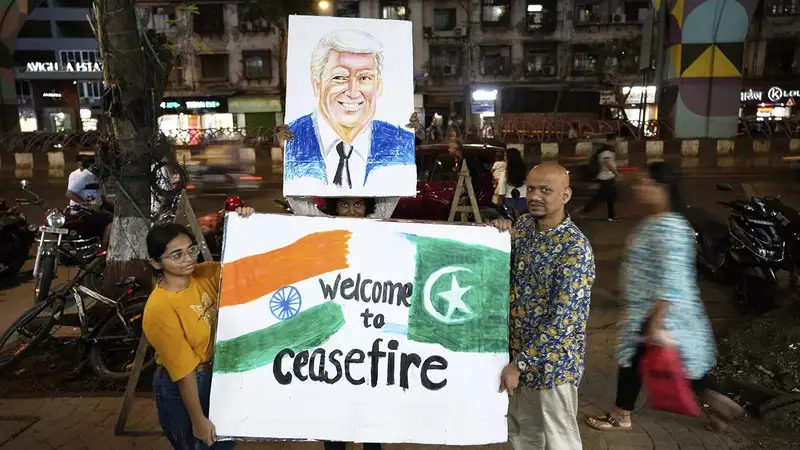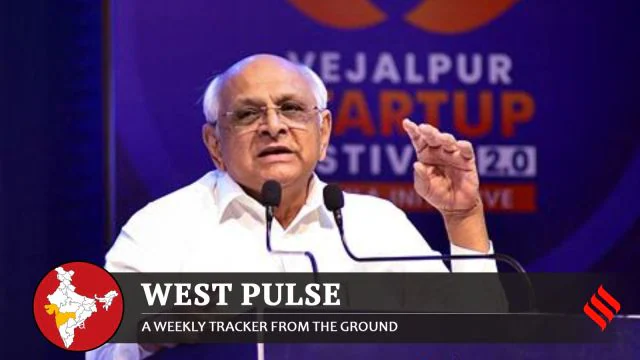May 15, 2025 — Following Operation Sindoor, the U.S. tried to settle into the role of peace broker for India and Pakistan. But the effort seems to have bombed diplomatically, especially in New Delhi, where Washington’s move has been condemned for misjudging the sensibilities of the subcontinent.
Operation Sindoor, India’s quick military action against the Pahalgam terrorist attack, included precision strikes against terror dens in Pakistan and Pakistan-occupied Kashmir. Whereas India has held firm that these were precision counterterrorism strikes, the U.S. positioned the events as a part of an overall India-Pakistan conflict and called for diplomacy on several open issues—including Kashmir.
Indian leadership has always dismissed any hint of third-party intervention in its dispute with Pakistan, particularly in regards to Kashmir. The officials are not only seeing Washington’s comments as premature, but also are deeming them insensitive to the regional realities and India’s long-standing policy of a bilateral settlement.
What added to the complexity was that the United States openly stated that both nations had agreed to have wide-ranging discussions. This announcement was made without formal Indian endorsement and was perceived as Washington pushing diplomatic limits for its own purposes—specifically, balancing relationships with both South Asia and China.
Critics have contended that America showed a superficial appreciation of the fundamental concerns of India: cross-border terrorism, not territorial issues. By neglecting to put terrorism at the forefront of its diplomatic efforts, America seemed to be more concerned about averting escalation than curbing the root of the turmoil in the region.
The blunder has underlined an increasing disconnect between American diplomatic language and South Asian ground realities. On India’s part, any subsequent dialogue with Pakistan needs to be squarely counterterrorism-oriented, and international players need to show respect for the bilaterality of such interactions.
The Indian message does not change: de-escalation is welcome, but it cannot be at the expense of ignoring terrorism or painting the reality of its security actions in a wrong light.






